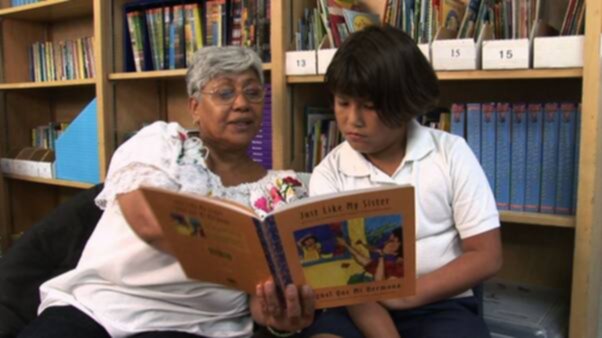 There are lots of ways Spanish-speaking parents can help their children with school success. All of the most effective ones, however, include the collaborative efforts of schools and parents. Let’s look at the top ways to bring out the best in Latino students.
There are lots of ways Spanish-speaking parents can help their children with school success. All of the most effective ones, however, include the collaborative efforts of schools and parents. Let’s look at the top ways to bring out the best in Latino students.
The Intercultural Center for Research in Education (ICRE) says that schools need to take responsibility when Spanish-speaking parents have low school participation. The data shows that parental involvement greatly increases when teachers and staff value the input of parents and who go so far as to include it into the school curriculum, says ICRE, so it’s important.
Schools can encourage a positive home-school connection by making sure that all communication with Latino parents is in English and Spanish, the organization states. The school should also hold regular meetings for Spanish-speaking parents on all pertinent topics such as homework, assessment methods and language acquisition.
When it comes to the home connection, the article “Doing What Matters Most” states that what’s more important than just minimizing TV time is for Latino parents to read with their kids and help them develop good work habits. Reading is the basic foundation of all education, it adds.
As such, Spanish-speaking parents can help their children with school success by reading short stories and books together. One study cited in a white paper by the Boerne Independent School District found that strong oral language skills, comprehension and motivation emerge when parents and kids converse and read together on topics that matter. This is how a solid foundation for literacy is formed in the primary years and beyond, the study said.
The Latino Family Literacy Project is one such program that promotes reading between parents and children in Spanish. Educators need to keep in mind that the home language is just as important as the dominant language. In fact, reading in the native language can contribute to a student having even more success in learning English. The Latino Family Literacy Project offers teachers and staff half-day, parental involvement trainings throughout the US or via online webinars.
